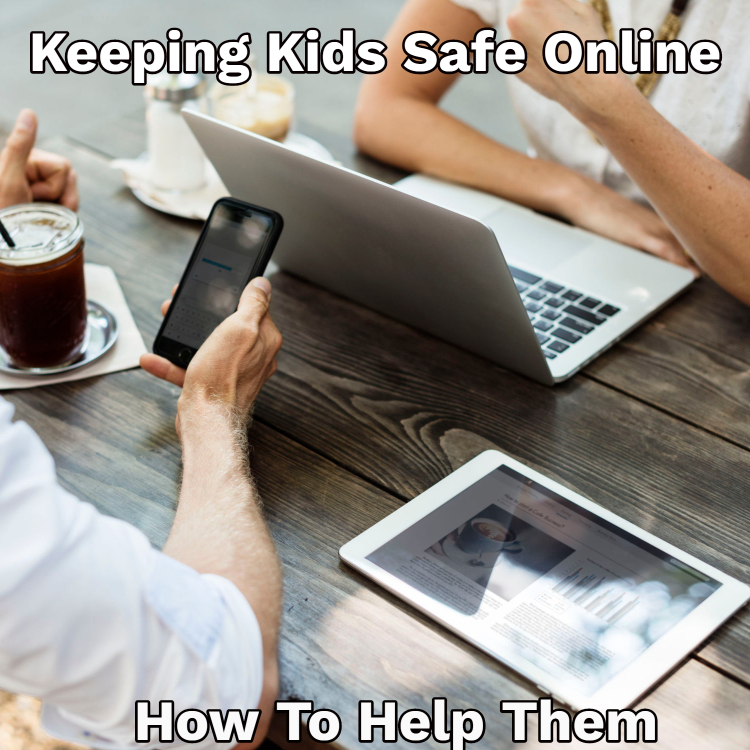17% of teens say they’ve been contacted online by someone they didn’t know in a way that made them feel scared or uncomfortable, and 30% of teens say they’ve received online advertising that was inappropriate for their age*
- Educate yourself about social media. You can’t know the risks or dangers of social media without being well-informed about the platforms and how they’re used.
- Warn your kids about the dangers of catfishing and predators. For children under 18, be sure to keep profiles private, and regulate who they can accept as friends. Talk to your kids about the dangers of “checking-in” and geotagging, which can inform strangers of their whereabouts.
- Educate your kids about the types of things that are appropriate – and inappropriate – to post. Remind them that posts and pictures can be cached forever, even if they are deleted. And something that might seem benign to post now, could feel very different in 20 years.
- Follow up. Follow your children on all of their social media accounts, and continue to monitor their posts. Request passwords from young children, and set up their accounts for them. Decide what platforms your kids are and aren’t allowed to join. And don’t be afraid to de-activate their accounts if they don’t adhere to your social media rules. You are the parent!
Predators are not the only thing to watch out for online with your kids. Cyberbullying has become a one of the most popular ways to bully someone, and many kids are embarrassed and don’t want to tell their parents. It’s even more important to keep an eye on things if your child exhibits signs of bullying, like changes in friends, and social behaviors , isolating themselves, not wanting to go to school and decline in grades, depression and sadness. Keep on top of the new apps, especially the ones that allow anonymous commenting and sharing. Also, do not count out online gaming- I have heard some horrible bullying happen on Xbox One online.
Our kids, especially our teens are learning to grow in a world that we didn’t know at their age, and learning how to keep them safe is a big job. By keeping tabs on their internet use and social channels. we can help them remain safe, and learn how to navigate the cyber world- together.


